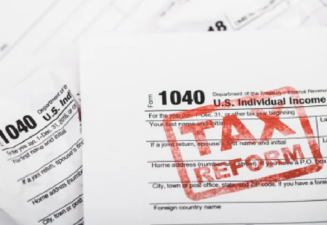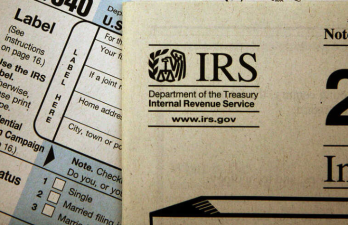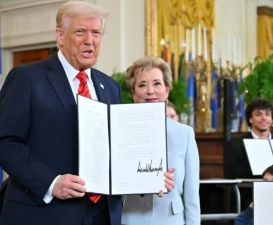The tax law system has imperfections that affect the function of the tax law and violate the intention of the legislator.
The tax law system has imperfections that affect the function of the tax law and violate the intention of the legislator.
Tax law loopholes are imperfections that affect the function of the tax law and violate the intention of the legislator.
The main characteristics of tax law loopholes:
- Imperfection.
- Violation of planning.
- Functional failure.

Legal loopholes are an objective phenomenon, and "there is no legal order without loopholes." Therefore, the existence of tax law loopholes is objective and inevitable.
How to reasonably avoid taxes after a company becomes bigger is an art.
In this regard, multinational corporate giants have the most say, among which Apple's tax planning is a textbook.
The specific operational details will not be discussed here. The simple explanation is to transfer profits to the United States overseas through cost-sharing agreements, transfer and buy and sell products through a large number of intermediate companies, concentrate profits in Irish subsidiaries, and then use Ireland's double non-tax resident policy to avoid most of the taxes.
The statutory corporate income tax rate in the United States can be as high as 35% at the federal level. When combined with state taxes, the combined average is 39%, which is one of the highest statutory tax rates in the world. The statutory tax rate in Ireland is 12.5%, which is one of the lowest in practice. From 2009 to 2011, Apple's Irish subsidiary Apple Sales International had a pre-tax income of $38 billion and a tax of $21 million, with a tax burden of only 0.06%. This is a reasonable use of loopholes and is not illegal.

Most companies cannot be as meticulous as Apple. The most common way is to brand the company as a so-called "paradise". According to a research report by the National Bureau of Economic Research, 10% of the world's GDP is hidden in overseas tax havens. The wealth hidden in "tax havens" in the Gulf region and Latin American countries is even equivalent to 60% of the country's GDP.
If the G20's 15% global corporate tax rate is implemented, the impact will be significant.
In the past, out of motivation to stimulate corporate development, countries tacitly acknowledged the existence of these gray areas. In February 2013, the G20 called for global unified action to take measures to address base erosion and profit shifting and combat tax havens with opaque taxation. In the end, it was just a lot of noise but little action, with the government getting entangled in details.
"Even if it is not the world's largest office building (Agran House, South Church Street, Cayman Islands), it is the world's largest tax loophole."














